Britain & Ireland 1509-1745
In this section you will find articles to help you unpick the truths from the myths of the Tudor period, examine how Cromwell took the country to war and explore how some the most important political thinkers began to shape the modern world. There is also guidance for teaching some of the information collected here to pupils and different age ranges.
Sort by:
Date (Newest first) | Title A-Z
Show:
All |
Articles |
Podcasts |
Multipage Articles
-

The Local Community and The Great Rebellion
ArticleClick to view -
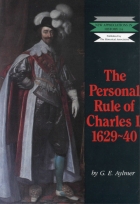
The Personal Rule of Charles I 1629-40
ArticleClick to view -
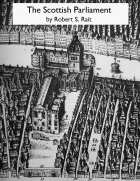
The Scottish Parliament by Robert S. Rait
ArticleClick to view -
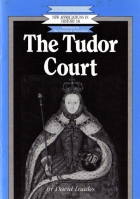
The Tudor Court
ArticleClick to view -

The Tudor Monarchy in crisis: using a historian's account to stretch the most able students in Year 8
ArticleClick to view -
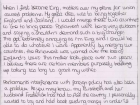
The particular and the general
ArticleClick to view -

Triumphs Show 150.1: meeting the challenges of the A2 synoptic unit
ArticleClick to view -
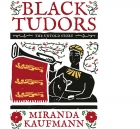
Triumphs Show 173: Teaching Black Tudors
ArticleClick to view -
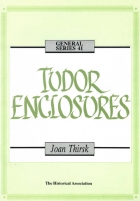
Tudor Enclosures
ArticleClick to view -

Unpicking the threads of interpretations
ArticleClick to view -
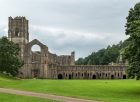
Using sites for insights
ArticleClick to view -

Virtual Branch Recording: The Fall of the English Republic
ArticleClick to view -

Virtual Branch Recording: The cultural world of Elizabethan England
ArticleClick to view -
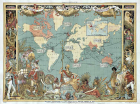
What Have Historians Been Arguing About... the impact of the British Empire on Britain?
ArticleClick to view -

What Have Historians Been Arguing About... the impact of the English Reformation
ArticleClick to view -
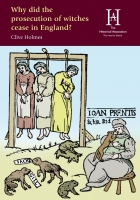
Why did the prosecution of witches cease in England?
ArticleClick to view -
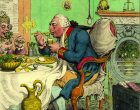
Why history teachers should not be afraid to venture into the long eighteenth century
ArticleClick to view

